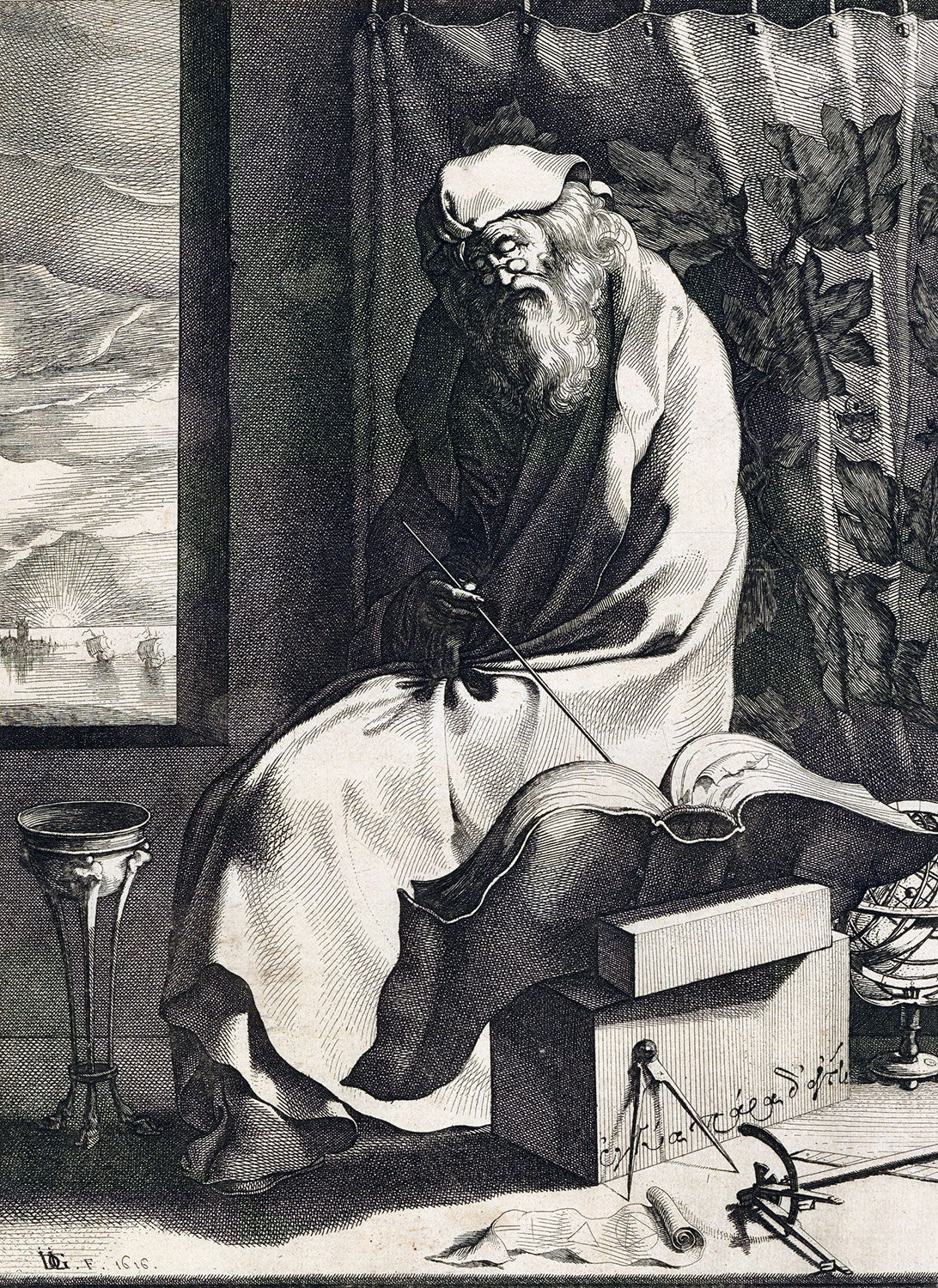October 2015
Montaigne 1.38
2 October 2015, around 8.45.
When I scold my valet I scold him with all my hear: my imprecations are real and not feigned; but when the fumes have passed over, let him but need my help, I willingly grant it him; I instantly turn the leaf. When I call him a silly fool, a calf, I have no intention of sewing those labels on him for ever; nor do I think I give myself the lie when presently after I call him an honest fellow.
There is no one quality that covers us purely and universally. If it were not that it makes one look like a madman to talk to oneself, I should confess that hardly a day passes on which I may not be heard growling to myself, ‘Confound the idiot!’ And yet I do not intend that to be my definition.
Montaigne 1.39
9 October 2015, around 5.33.

A man must give to thriving husbandrie, to laborious study, to toilesome hunting, and to every other exercise, the utmost bounds of pleasure; and beware he engage himselfe no further, if once paine begin to intermeddle it selfe with her; we should reserve businesse and negotiations only for so much as is behoovefull to keepe us in breath, and to warrant us from the inconveniences which the other extremitie of a base, faint-harted idlenesse drawes after it. There are certaine barren and thornie sciences, which for the most part are forged for the multitude: they should be left for those who are for the service of the world. As for my selfe, I love no books but such as are pleasant and easie, and which tickle me, or such as comfort and counsell me, to direct my life and death. […] The wiser sort of men, having a strong and vigorous mind, may frame unto themselves an altogether spirituall life. But mine being common, I must help to uphold my selfe by corporall commodities: And age having eftsoones dispoiled me of those that were most mutable to my fantasia, I instruct and sharpen my appetite to those remaining most sortable this other season. We must tooth and naile retaine the use of this lives pleasures, which our yeares snatch from us one after another
Montaigne on solitude is an odd mishmash of stoic bullying, Renaissance Realpoliticking, and obtuseness. It has a well-fed atmosphere, and hazy, as he tries to negotiate the tension between a desire for reputation, a desire for leisure, and a need to retire from the cares of the world, while also making sure the household (and the matters of daily living) are thought of. Much of the intellectual content of the essay is lifted more or less directly from Seneca, although the (dis)ordering of it is entirely Montaigne’s.
Montaigne 1.40
16 October 2015, around 6.21.
Well I wot that when I heare some give themselves to dwell on the phrase of my Essayes, I would rather have them hold their peace: They doe not so much raise the words as depresse the sense; so much the more sharply by how much more obliquely. Yet am I deceived if some others take not more hold on the matter; and how well or ill soever, if any writer hath scattered the same, either more materiall, or at least thicker on his paper: That I may collect the more, I doe but huddle it; the arguments or chiefe heads. Let me but adde what followes them, I shall daily increase this volume. And how many stories have I glanced at therein, that speake not a word, which whosoever shall unfold may from them draw infinite Essayes? Nor they, nor my allegations doe ever serve simply for examples, authoritie, or ornament. I doe not only respect them for the use I draw from them. They often (beyond my purpose) produce the seed of a richer subject and bolder matter, and often, collaterally, a more harmonious tune, both for me, that will expresse no more in this place, and for them that shall hit upon my tune.
In Trechmann’s edition, this particular essay contains a flurry of editorial footnotes, as the translator felt Montaigne went too far in some of his criticisms of Cicero and the younger Pliny – in particular their focus on style rather than substance. But everything in Montaigne is a peculiar collection of mirrors, at times reflecting the writer, at others the reader, and sometimes even the subject matter.
a sop
19 October 2015, around 20.56.

Books that currently ‘saved for later’ – either because I hope to find them at the library book sale, at the local bookstore, or I really don’t have need of them – offered without comment:
- The complete works of Elizabeth Gaskell
- The complete works of Constance Holme
- Thomas Love Peacock, The Misfortunes of Elphin and Crotchet Castle
- Hope Mirrlees, A Fly in Amber being and Extravagant Biography of the Romantic Antiquary Sir Robert Bruce Cotton
- Stevie Smith, Novel on Yellow Paper
- Jane Ellen Harrison & Hope Mirrlees, translators, The Book of the Bear, Being Twenty-One Tales Newly Translated from the Russian. With a Preface and Epilogue.
- Mary Brooks Picken, Practical Home Mending Made Easy
- Wendy Walker, The Secret Service
- James Hogg, Tales and Sketches by the Ettrick Shepherd, The Hunt of Eildon, The Shepherd’s Calendar, Etc.
- Rebecca Brown, American Romances
There were some others, too, but I deleted them or someone else bought them or they anyhow disappeared.
the art of ‘truthiness’
21 October 2015, around 19.12.

Well, if I forked over the cover price for nonfiction, I consider it my business. While it’s great she [Vivian Gornick] owned up to her deceits, it’s hard to lend credence to any after-the-fact confession, especially one as vague or self-justifying as this one. It’s as if after lunch the deli guy quipped, ‘I put a teaspoon of catshit in your sandwich, but you didn’t notice at all.’ To my mind, a small bit of catshit equals a catshit sandwich, unless I know where the catshit is and can eat around it.
Pace Karr, it seems to me that the sort of embellishment Gornick discusses in the interview is not so much a foreign addition to the narrative process (or as Karr so colorfully puts it, ‘a teaspoon of catshit’), but an essential and useful part of it – as salt is to food: one would not like too much of it, but it generally improves the flavor of the composition when it is there. Yet one must admit that for some people, ‘facts alone are wanted in life’ – and that anything else will somehow fail in its ‘truthiness’.
This has not been my experience – I have in general found facts to be quite unsatisfactory, particularly in their relation to truth: they are merely facts and are not the more true because of it. Rather, it is the disposition, the arrangement of facts which may get at or represent truth – but will not yet be the truth because any arrangement is arbitrary and personal, an embellishment and a composition: merely a story, a – not the – truth. 2
- I am sure Karr goes on to offer useful advice for the aspiring (bestselling) memoirist and all such persons would be well-advised to read it. As I admit I lost patience here, my reading is of course arbitrary and incomplete.[↩]
- As a mere note, I wonder how much this is a matter of faith – as Karr claims Catholicism (25) and I claim nothing in particular. I have no answer for (or real interest in) the question, but it does seem a relevant one.[↩]
Montaigne 1.41
23 October 2015, around 6.29.
For, as Cicero says, the very men who combat it [scil. the desire for honour] still desire that the books they write about it shall bear their names on their titles, and endeavour to derive glory from the contempt of glory. All other things become interchangeable: we lend our goods and our lives to our friends’ needs; but to communicate one’s honour and bestow one’s glory on another, that is rarely seen.
It is interesting how the essays are loosely linked, each a wash of faint color adding depth to the self-portrait as a whole, still covering the same ground. The habit of desiring glory for oneself and one’s deeds – what one would now perhaps call ‘credit’ – has not, it seems, changed over time, although the annals of history are giving way to account books and quarterly reports. Only two types of people appear ready to disclaim credit: toadies (who hope, by doing so, that their star will rise with their superior’s) and the truly noble in character.
notes on X
24 October 2015, around 14.07.
At the time my partner was infatuated – ‘in love’ – with X—. We had left the city two years before and were only just settling into the rhythms of life in a smaller town, with its limited pleasures and circumscribed acquaintance, when I became aware of my partner’s feelings. Or, rather, when I was told of them by one of X—’s friends, who I think did not quite approve. She asked me what I thought, and I was forced to confess that I had not thought of the matter at all. At the moment she forced me to examine it, that love, those feelings that weren’t even my own, I found in myself the same tender interest one has for a sore tooth that may or may not be salvageable. I told her I did not know what to think. I still don’t.
Montaigne 1.42
30 October 2015, around 7.18.
It is clever how Montaigne works his way through an idea: the horse that is not rightly judged on its tack, the merit of the hawk not measured by its jesses. After making the common comparison with the judgement of humanity (why judge a man by his clothes?), he turns it around and points out that the horse does not value its bridle nor the dog its collar – why then should a person give any weight to the trappings of comfort or luxury.
It also reminded of the story about Aristippus, recounted in Diogenes Laertius (II.8.75), who was being shown around the finely appointed palace of the tyrant Dionysius by a steward. Looking around, the philosopher spat in the steward’s face; incensed, the man asked why Aristippus had done so: ‘Because it was the only place in sight that wasn’t too fancy to spit on.’ 1
- The same source also includes an anecdote in which Dionysius spits on Aristippus (II.8.67).[↩]
